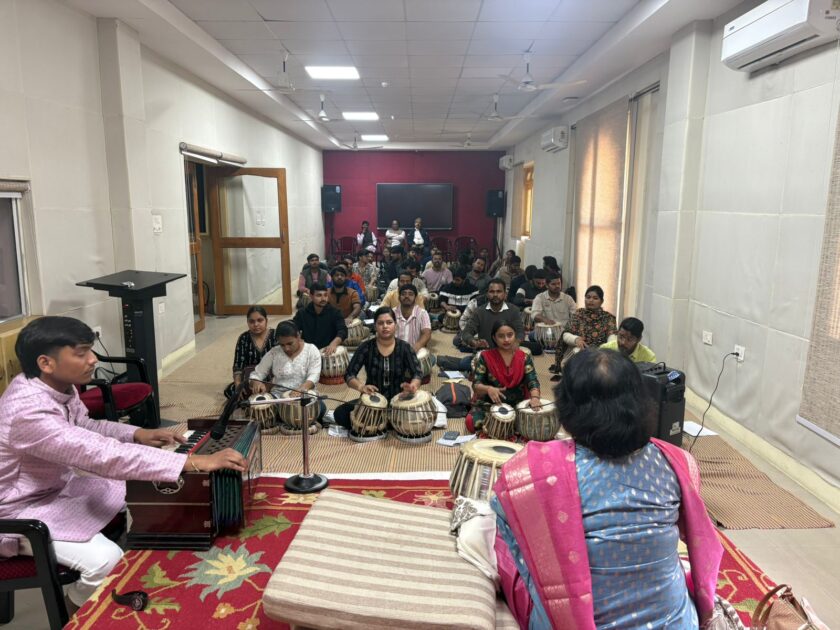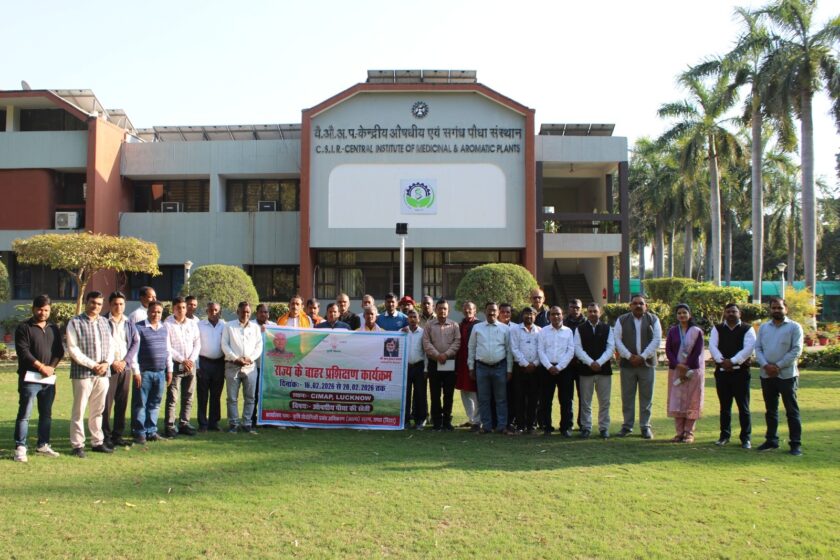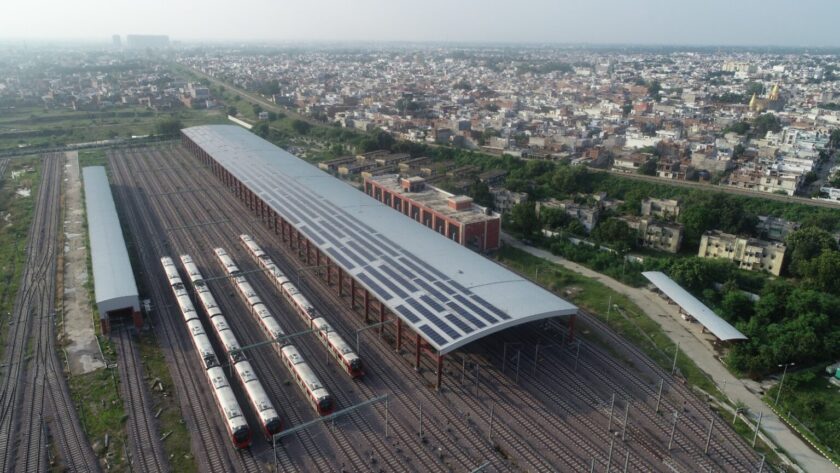Lucknow: The Department of Computer Science celebrated International Cyber Security Day by hosting a thought-provoking symposium titled “Converging Artificial Intelligence and Cyber Security: Transforming Governance, Industry, and Academia for the Future.” The event featured three panel discussions focusing on governance, industry, and academia, highlighting the transformative impact of AI and cybersecurity across diverse domains.
The Vision for AI and Cybersecurity Integration
Dr. Puneet Misra, Head of the Department of Computer Science, inaugurated the symposium with a compelling welcome address. He emphasized that Artificial Intelligence (AI) and cybersecurity are two of the most transformative areas in modern academics and research. He stated that their convergence not only redefines digital safety but also introduces vast opportunities and challenges for global society.
He acknowledged the Government of India’s vision under Prime Minister Narendra Modi to incorporate AI as a driving force in sectors like agriculture, healthcare, and education, aligning with the nation’s strategic goals for a Viksit Bharat by 2047. Similarly, Uttar Pradesh Chief Minister Yogi Adityanath’s efforts to make Lucknow a prominent AI hub and a data center hotspot were highlighted.
Keynote Address by Pro Vice-Chancellor Prof. Manuka Khanna
In her inaugural address, Prof. Manuka Khanna, the Pro Vice-Chancellor, addressed the evolving governance paradigm, shifting from paper-based systems to electronic platforms. She emphasized the growing concerns about cybercrimes and the pressing need to tackle these challenges effectively. Prof. Khanna stressed the importance of safeguarding sensitive citizen data and the pivotal role cybersecurity plays in ensuring the success of e-governance initiatives.
Panel Discussion Highlights

- Governance:
- Santosh Kumar Dwivedi (Retd. IAS): Discussed how technological advancements are reshaping governance and how policymakers must stay ahead of digital threats.
- Chandrika Prasad Tewari (Retd. IAS): Advocated for transparent, ethical, and inclusive AI governance frameworks to safeguard public infrastructure while adhering to global and local data protection standards.
- Dr. Deepak Kumar Singh: Spoke on the role of AI in detecting real-time cyber threats, reducing false positives, and simulating attacks to preempt vulnerabilities in governance frameworks.
- Industry:
- Drone Man Milind Raj: Highlighted AI’s role in automating threat detection and building resilient digital infrastructures. He addressed adversarial AI risks and stressed collaboration within industries to design robust cybersecurity solutions. He encouraged students to consider start-ups in this domain.
- Dr. Rakesh Srivastava: Focused on the integration of AI technologies like Artificial Neural Networks (ANN) and Convolutional Neural Networks (CNN) in healthcare for predictive analysis and diagnostics.
- Academia:
- Prof. Arunabha Mukhopadhyay: Discussed academia’s role in advancing research at the intersection of AI and cybersecurity. He emphasized the need for interdisciplinary research and fostering ethical AI development.
- Dr. S. P. Kannojia: Explained the growing reliance on AI tools for cybersecurity, including phishing detection, risk management, and intrusion detection. He advocated for skilling students in offensive AI, defensive AI, and adversarial AI to prepare them for the challenges ahead.

Special Contributions and Key Takeaways
- Collaboration Opportunities: Dr. Yvonne Pinto from the International Rice Research Institute (IRRI) emphasized partnerships to address challenges like climate change and food security, drawing parallels to cybersecurity’s role in global cooperation.
- Real-World Applications: The symposium shed light on AI’s potential in various industries, from healthcare to e-commerce, ensuring the protection of intellectual property and consumer data.
- Ethical Concerns: Panelists unanimously highlighted the importance of ethical considerations in AI and cybersecurity, underscoring the societal impacts of these technologies.
Recognitions and Acknowledgments
The event concluded with a vote of thanks by Dr. S. P. Kannojia. Collaborator Dr. Kiranlata Dangwal anchored the symposium, while Dr. R. S. Nehra presented tokens of appreciation to the dignitaries. The gathering included esteemed guests and participants from universities, colleges, government bodies, and private institutions, making the event a resounding success.
The symposium on “Converging Artificial Intelligence and Cyber Security” marked a pivotal moment in exploring the synergies between these transformative domains. By fostering collaboration among governance, industry, and academia, the event highlighted actionable strategies to drive innovation while safeguarding digital ecosystems. It underscored the urgent need to align efforts to shape a secure, inclusive, and AI-driven future.









